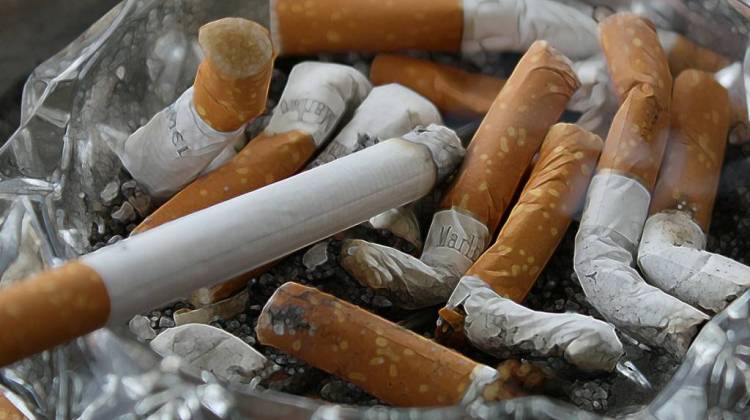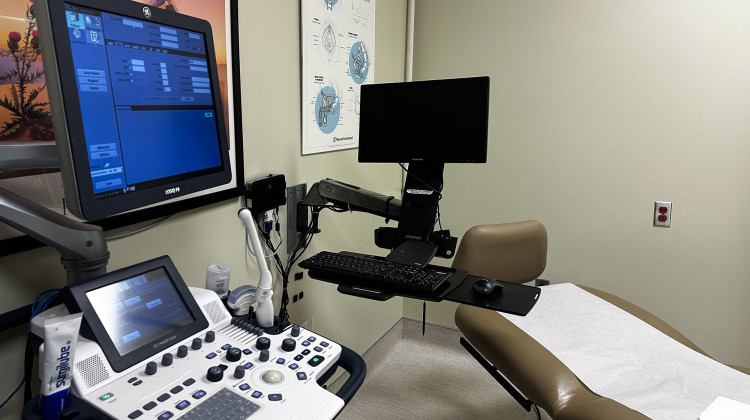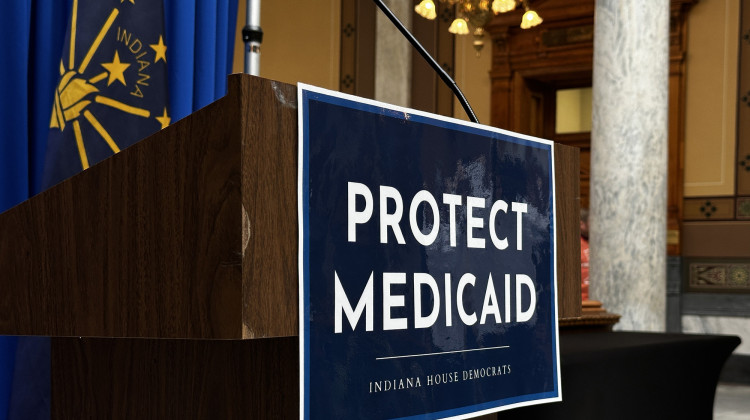
A new move from the U.S. Department of Housing and Urban Development, HUD, will require public housing to go smoke free.
stock photoA new move from the U.S. Department of Housing and Urban Development, HUD, will require public housing to go smoke free.
The new rule aims to protect people living in low-income, government supported housing units from the harms of secondhand smoke.
Health organizations have been lobbying for this change in Indiana. Manager of Tobacco Control at the Lung Association of Indiana Cathy Blume says they’ve been working to transition individual properties.
“In the last year I’ve helped about 20 properties around the state,” says Blume.
Nine public housing properties are already smoke-free in Indiana. The new federal rule mandates this for an additional 30 U.S. Department of Housing and Urban Development properties.
Cathy Blume says property owners can re-rent properties a lot faster if they haven’t been smoked in.
“The length of time it takes to turn a unit decreases considerably if the unit has not been smoked in,” says Blume, “as well as the amount of money spent.”
The harmful effects of secondhand smoke are well documented and could be in your home.
“If you can smell what your neighbor has cooked and or burnt more than likely you will be exposed to their secondhand smoke as well.” Blume explains.
There are over 1,300 deaths attributable to secondhand smoke exposure annually in Indiana.
 DONATE
DONATE






 View More Programs
View More Programs

 Support WFYI. We can't do it without you.
Support WFYI. We can't do it without you.